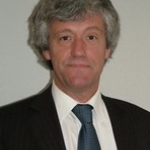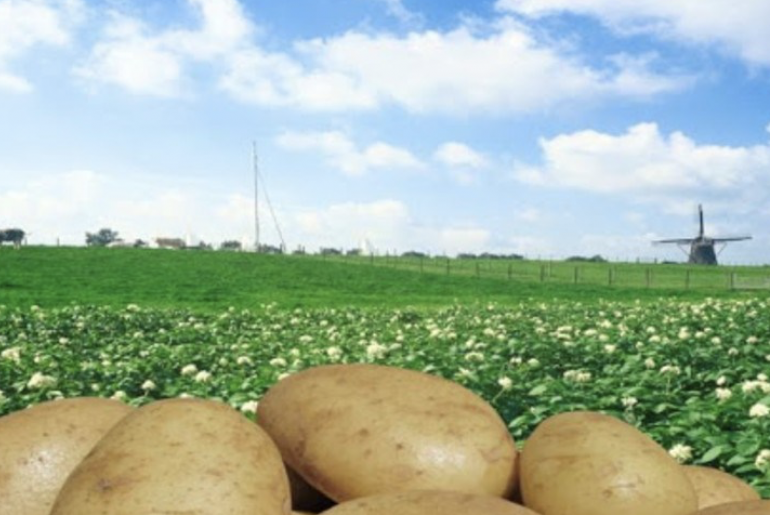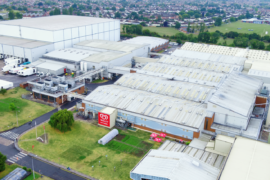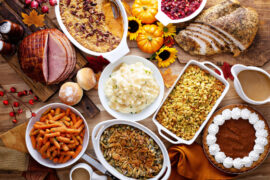Daniel Ryckmans of Belgium’s Filière Wallonne de la Pomme de Terre (FIWAP) is the new secretary of the Northwestern European Potato Growers (NEPG). He has replaced Victor Phaff of the Netherlands, who stepped down from the position on December 31.

Jaap Botma of the Dutch arable farmers association (VTA), who was elected as the organization’s first chairman last July, will remain at that post for at least another 12 months. He is also serving on the NEPG board of directors, as is Ryckmans.
Phaff was the first secretary of NEPG, holding the position for 21 years. It was under his leadership that the organization got its official name and logo, and later achieved official status as a foundation. He led the reshaping of an informal and loosely structured association into a well organized institution that is now regarded as a reliable source of information, not only for growers but for processors and the entire supply chain.

The NEPG, which until December 31 was a group of five countries, began 2021 without the UK’s Agriculture and Horticulture Development Board (AHDB) among its ranks. Current membership representatives are (in alphabetical order): Guy Depraetere of ABS, Belgium; Alain Dequeker of UNPT, France; Michael Heintges of REKA Rheinland, Germany; and Bert Timmermans of VTA, Netherlands.
NEPG Enters New Era
The departure of Phaff and arrival of Ryckmans coincide not only with a new decade, but also with a dramatically more challenging period for potato growers and the potato industry as a whole. After more than 20 years of growth and development, 2020 saw the whole potato world shake due to the novel coronavirus (SARS-CoV-2) pandemic that has killed and sickened millions of people around the world has caused widespread economic disruption. For the first time in decades, potato cultivation areas could e reduced significantly this year. Markets and prices could still some time to fully recover.
In the coming months and years, the role of NEPG as “information gatherer” (free buy prices, contract prices and conditions, area and production statistics, processing activity, import and export figures) will remain crucial for planning among growers in Belgium, France, the Netherlands and Germany.






